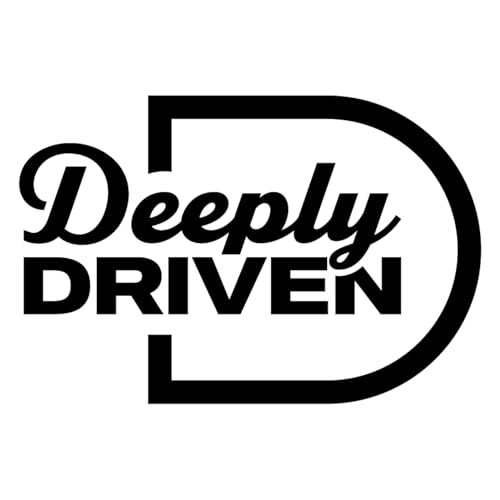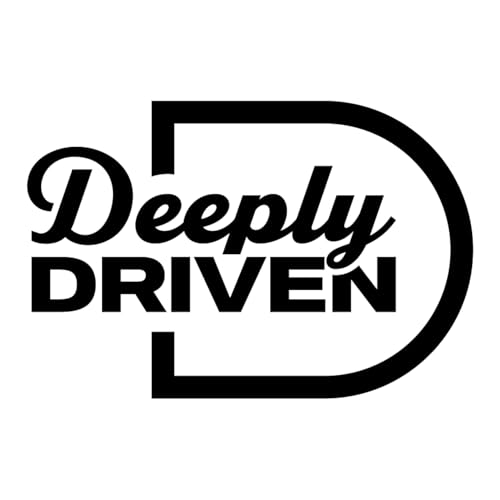In this episode, we step into the world of Fred Rogers, the gentle force behind Mister Rogers’ Neighborhood. Known to generations of children as simply Mr. Rogers, his influence reached far beyond television screens. What made him remarkable wasn’t wealth, scale, or corporate success, but his deeply driven purpose: to nurture kindness, honesty, and emotional wellbeing in every child he encountered.
Fred’s story begins in Latrobe, Pennsylvania, where he grew up in privilege but also isolation. Teased as “Fat Freddy,” he often retreated to his attic, creating puppet shows for himself and pouring his feelings into the piano. Yet it was through these early hardships that his empathy took root. The guidance of key “helpers”—his grandfather, who affirmed him with the words “I like you just the way you are,” and his grandmother, who gifted him a Steinway piano—set him on a trajectory of creativity and compassion that would define his life.
Though initially headed for ministry, Fred’s path shifted dramatically when he encountered television. Appalled by slapstick “pie-in-the-face” children’s programming, he envisioned something radically different: a medium that could respect children’s intelligence and emotions. With little experience but immense conviction, Fred began behind the scenes before being nudged in front of the camera. From there, he built Mister Rogers’ Neighborhood into a show that endured for over 30 years, blending music, puppetry, and candid conversations about life’s hardest subjects—anger, divorce, racism, even assassination. His gift was making the complex simple, and the frightening approachable.
Beyond the sweaters and songs, Fred’s work was anchored in principles. He refused to advertise to children, despite financial pressures, believing trust was too sacred to exploit. He valued silence, reflection, and presence, often inviting viewers to pause and think about those who had shaped their lives. In 1969, his authenticity famously won over Congress, securing $20 million in funding for public television in just seven minutes. His ability to look people in the eye, speak plainly, and lead with care was as powerful in Washington as it was in the Neighborhood of Make-Believe.
Fred Rogers’ legacy is a reminder that greatness doesn’t always come from building empires or disrupting industries. Sometimes it comes from consistent, unwavering devotion to values. His life challenges us to find the “magic” in our own work—what connects most deeply with others—and to do more of that while cutting away distractions. It encourages us to be helpers, to empower those around us, and to face challenges with honesty and courage.
As you listen, consider how Fred’s lessons—focus, empathy, integrity, and belief in others—might apply to your own entrepreneurial journey. Like Fred, we all have a neighborhood we can nurture.
-----------
Deeply Driven Podcast Books [Amazon Affiliate Link]
100% of commissions will be donated to help support Children’s Literacy
https://amzn.to/45R6rxC
Fred Rogers Testifies Before the Senate Subcommittee on Communications
https://youtu.be/fKy7ljRr0AA
Past Episodes Mentioned
#2 Ed Thorp - A Man For All Markets - Absolute Thriller!
https://deeplydrivenpodcast.com/episodes/2-ed-thrope-a-man-for-all-markets-real-life-thriller-L4QwWFx9
#3 Becoming Trader Joe | Business Masterclass from a Legend
https://deeplydrivenpodcast.com/episodes/3-becoming-trader-joe-business-masterclass-from-a-legend-oYTbrDJc
If you enjoyed this episode, please leave us a review. It would greatly help the show and we thank you in advance for all your tremendous support.
Deeply Driven Newsletter
Welcome!
Deeply Driven Website
Deeply Driven
X
Deeply Driven (@DeeplyDrivenOne) / X
Substack
https://larryslearning.substack.com/
Thanks for listening friends!
 1 hr and 40 mins
1 hr and 40 mins Sep 15 20251 hr and 30 mins
Sep 15 20251 hr and 30 mins 1 hr and 19 mins
1 hr and 19 mins 1 hr and 24 mins
1 hr and 24 mins 1 hr and 29 mins
1 hr and 29 mins Aug 11 20251 hr and 29 mins
Aug 11 20251 hr and 29 mins Jul 28 20251 hr and 15 mins
Jul 28 20251 hr and 15 mins 29 mins
29 mins

